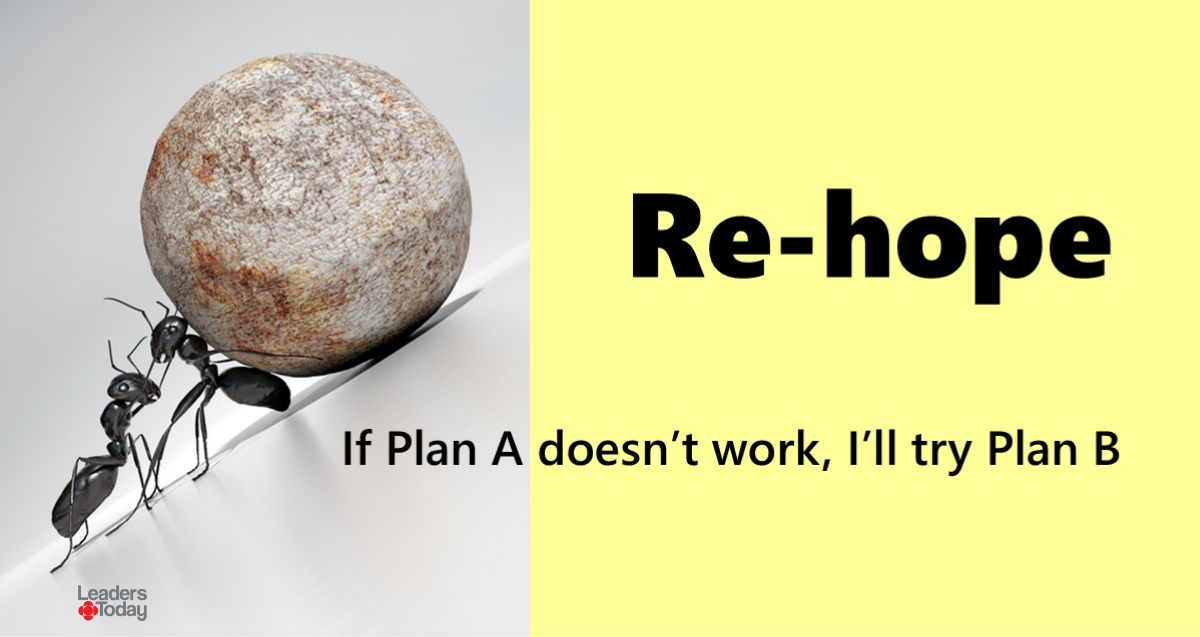Why companies train their managers to have coaching skills
Why have coaching skills
Coaching used to be largely reserved for executives and senior managers for whom an external professional coach would be hired to help them advance in various aspects of their leadership function. Coaching is an exclusive, highly customized learning and development experience, driven by the client’s goals, which explains why companies were willing to make the investment only for a selected number of employees. However nowadays, companies are increasing the availability of coaching to all levels of employees.
Several industry research papers, including those published by the International Coach Federation , have measured the benefits of receiving coaching and the return on investment is excellent, sometimes exceptional depending on how it is calculated. Findings show that employees at varying organisational levels who receive coaching improve performance and business management skills, increase productivity and motivation, sharpen their problem-solving skills, they become more autonomous and proactive, and develop an overall more positive attitude which in turn has a positive effect on the organizational climate.
Given all these remarkable benefits, companies are increasing the availability of coaching for a wider segment of their workforce by creating roles for internal coaches, usually HR professionals who provide full coaching services, and by training managers to integrate coaching skills into their leadership style.
The characteristics of Managers who coach
Coaching by managers is quite different from what professional coaches do. First of all they don’t have coaching clients as such, they coach their team members or other colleagues. Secondly, while a professional coach has no agenda other than the client’s goals, a manager has to balance the team member’s goals, organisational goals and their own goals as the person responsible for the team results. Managers also have to engage with employees in different ways besides coaching, depending on the situation. There are times when it is more appropriate to teach, for example when wanting to transmit technical skills, or give clear directions, when there is an emergency and quick decisiveness is needed.
Once they have learned coaching skills, managers tend to use a “coaching leadership style” most of the time. There are good reasons for this. Here are three of the greatest advantages.
1. SAVE TIME
Managers who coach, develop their team members’ capabilities, rendering them more independent. By using coaching techniques, they support their staff to learn quickly, find their own solutions and solve problems more effectively. A manager who is a bit more controlling and prefers to have the monopoly of all the answers, ends up unwittingly grooming people to repeatedly ask for solutions and directives. This becomes highly time-consuming and an energy drain for the manager.
Instead the coaching manager facilitates learning and the empowerment of staff within their role. When people feel more capable, they become more autonomous and able to take responsibility. They get on with it, without having to constantly ask for guidance. This of course saves a great deal of time for the coaching manager.
2. BOOST PERFORMANCE
A coaching manager focuses on what employees can already do and helps them leverage their existing strengths to achieve new goals. A strengths-based approached, rather than a deficit-oriented one, has a positive impact on performance because the focus is placed on reaching outcomes using existing capabilities rather than spotting weaknesses. There are usually different ways to accomplish a task and if an employee can go about it using their existing strengths, they will produce quicker and better results. Gallup have specialized in creating strength-based cultures worldwide, boosting employee performance to a level where companies have been able to achieve as much as 29% increase in profits, and a reduction of employee disengagement to as low as 1%.
3. BRING A POSITIVE DIMENSION TO WORK RELATIONS
Coaching rests on a number of assumptions that foster a positive working environment, starting with a favourable outlook on people and their potential to grow. Coaching managers treat employees as individuals and support their development becausethey believe it is beneficial for everyone: the person, the team and the organization.
Coaching managers reinforce good performance by generously giving factual positive feedback. Even when they have to give negative feedback, managers who are trained in coaching skills are able to deliver it in the most constructive way, making it acceptable and allowing employees to find their own remedial solutions towards improving their performance.
Learning coaching techniques also develops interpersonal skills, such as effective listening, empathy and the ability to build trusting relations. So by using a coaching approach, managers inevitably bring a warmer human touch to working relations.
Coaching, the leadership style for the 21st century
In conclusion, organisations that adopt a coaching culture and train their managers to exhibit coaching skills have found a highly effective leadership style that produces excellent performance results while also improving organisational climate.
The demise of the traditional command and control mode left a vacuum. Manager are unsure of what ideal management behaviours they should display on a daily basis. From management by objectives, to vague notions of democratic or participatory leadership, to supposedly horizontal organisations, managers have been at a loss on what they should actually do in practice to empower employees while still controlling outcomes for which they are held accountable.
Developing coaching skills is an elegant way to resolve this dilemma. Managers who coach have a leadership style that is adapted to the 21st century with its workforce that expects to be valued, empowered and actively involved in the greater purpose of the organisations they work for.








